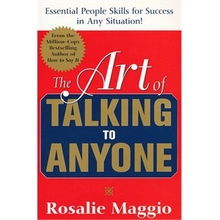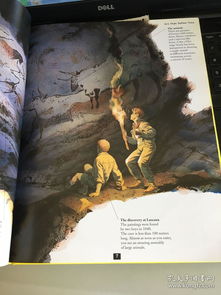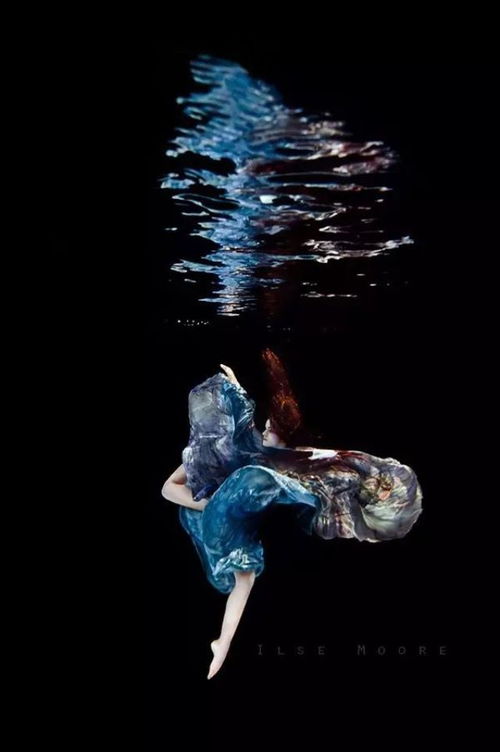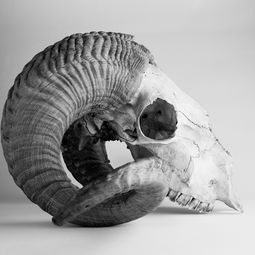Content:
Fishing is an ancient and beloved pastime that offers a unique blend of relaxation, challenge, and the thrill of the catch. Whether you're a seasoned angler or a beginner looking to cast your line into the water for the first time, mastering the art of fishing can elevate your experience to new heights. Here are some essential tips to help you improve your angling skills and make your time on the water more enjoyable and productive.
Choose the Right Equipment
The first step to becoming a skilled fisherman is to ensure you have the right equipment. Here's what you should consider:
- Rod and Reel: The right combination of rod and reel depends on the type of fishing you plan to do. For freshwater fishing, a spinning rod and reel are a versatile choice, while a baitcasting outfit is better for casting heavier lures.
- Line: The type of line you use should match the species you're targeting and the conditions of the water. Monofilament, fluorocarbon, and braided lines each have their advantages and disadvantages.
- Hooks: Hooks come in various sizes and shapes, so choose the right one for the bait and the species you're fishing for.
- Lures and Baits: Experiment with different lures and baits to see what works best in your fishing environment.
Learn the Basics of Casting
Casting is a fundamental skill in fishing. Here are some tips to improve your casting technique:
- Practice: Spend time practicing your casting technique on land before you get to the water. This will help you develop muscle memory and improve your accuracy.
- Maintain a Steady Arm: Keep your casting arm steady and use your wrist and fingers to initiate the cast.
- Use the Right Amount of Line: Don't cast too much line; this can lead to tangles. Aim to cast just enough line to reach your target.
- Adjust for Wind: Wind can affect your cast, so adjust your technique accordingly. Cast into the wind to increase distance and use a sidearm cast to reduce wind resistance.
Understand Fish Behavior
To catch fish, you need to understand their behavior. Here are some key points to consider:
- Fish Habitat: Learn about the preferred habitats of the fish you're targeting. This includes understanding the types of water, vegetation, and structures they frequent.
- Feeding Patterns: Fish often feed at certain times of the day, so timing your fishing trips accordingly can increase your chances of success.
- Water Conditions: Factors like water temperature, clarity, and flow can influence fish behavior, so consider these conditions when planning your fishing trips.
Master the Art of Baiting
Whether you're using live bait or artificial lures, knowing how to present your bait effectively is crucial:
- Natural Bait: If using live bait, ensure it's fresh and lively. Attach it to the hook in a way that mimics its natural movement.
- Artificial Lures: Experiment with different retrieves and presentations to see what triggers strikes. Sometimes, the simplest presentation can be the most effective.
- Adjust for Depth: Vary the depth at which you present your bait based on the fish's feeding depth and the water conditions.
Patience is Key
Fishing is a patient sport. Here's why patience is important:
- Wait for the Bite: Don't be in a rush to set the hook. Wait for a solid bite before pulling the trigger.
- Adapt to the Conditions: If you're not having luck, take a moment to reassess your approach. Maybe you need to change your bait, adjust your casting technique, or even move to a different location.
- Enjoy the Experience: Remember that fishing is about more than just catching fish. It's about the experience of being outdoors, enjoying nature, and the peace that comes with it.
Capture the Moment

To relive your fishing experiences and share them with others, consider taking photos. Here are some tips for fishing photography:
- Use a Waterproof Camera: Ensure your camera is protected from water and moisture.
- Frame Your Shot: Compose your photos thoughtfully, focusing on the fish, the rod, and the surrounding environment.
- Capture the Action: If you want to capture the moment of the catch, use a fast shutter speed to freeze the action.
In conclusion, improving your fishing skills is a journey that involves practice, patience, and a willingness to learn. By following these tips, you'll be well on your way to becoming a more skilled angler. So, grab your rod, tie on your line, and get ready to cast your way to success on the water. Happy fishing!












